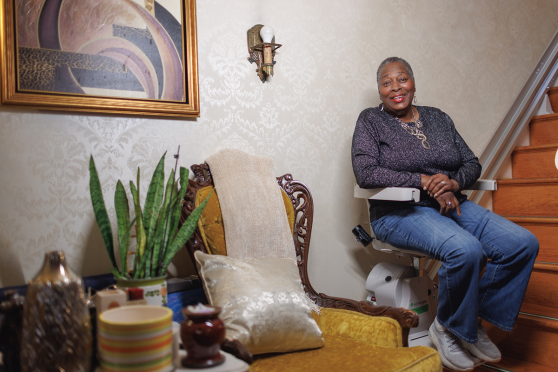Sun Smarts
Of the 5 million Americans treated for skin cancer each year, most are seniors. Yet only a quarter of older adults use sunscreen regularly. Shane Chapman, M.D., chair of dermatology at Dartmouth-Hitchcock Medical Center in Lebanon, New Hampshire, answers questions.

Is my skin more sun-sensitive now? It seems that way.
That’s true, says Dr. Chapman. Your skin becomes thinner as you age, allowing ultraviolet (UV) rays to penetrate more deeply and do more damage. You also have a harder time fighting off the effects of those rays. “Your immune system is less able to repair itself,” Dr. Chapman explains. “Our immunity isn’t as strong it as it once was. After a lifetime of sun exposure, you’re at higher risk of skin cancer.”
How can I protect my skin?
One word: Sunscreen. It filters out rays by forming a chemical barrier (look for ingredients like cinnamates, salicylates, and benzophenones) or a physical block (with titanium oxide and zinc oxide).
- Choose broad-spectrum coverage. Look for UVA and UVB protection on the label.
- Aim high. You want an SPF of 30 or higher.
- Reapply often. Reach for your bottle about 30 minutes before going out, then every two hours.
If I’ve had skin cancer, do I need to avoid the sun forever?
No, but be very careful. Skin cancer is highly treatable, but more than 1 in 20 survivors received another diagnosis within 10 years, according to a study by the American College of Surgeons.
- Stay in the shade between 10 a.m. and 2 p.m. That’s when UV rays are strongest.
- Cover up. Wear a wide-brimmed hat, and consider clothing with UV protection.



